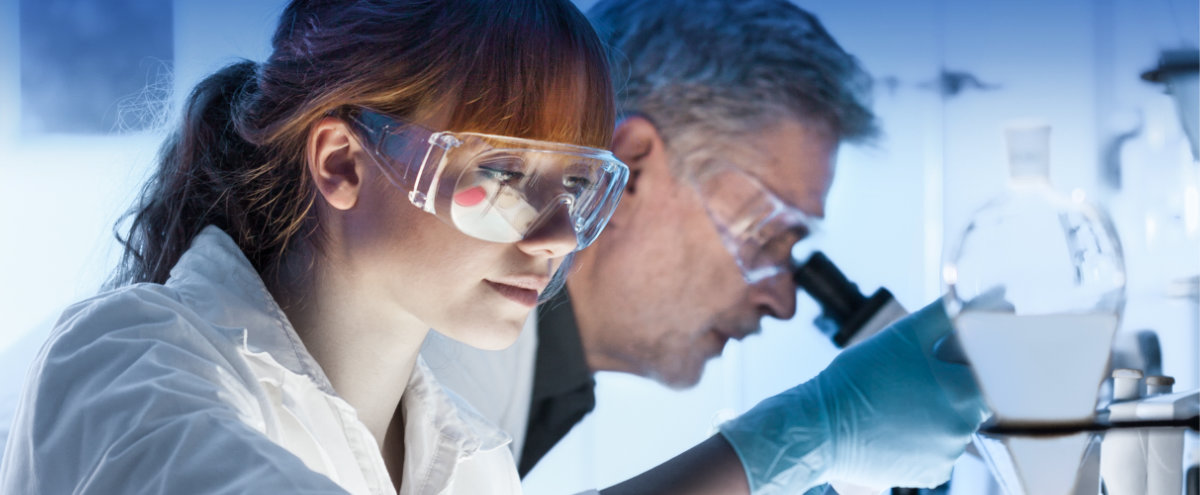Deep Learning and Machine Intelligence for Single Cell Genomics
ApplyProject Description
Single cell biology and genomics in particular are currently transforming the biosciences. Single cell RNA sequencing (scRNAseq), method of the year 2013 (Nature Methods), has now matured and large amounts of scRNAseq are now available. These data, characterizing living systems at an unprecedented level of resolution, hold the promise to set the stage for a fundamental quantitative understanding of living systems with special reference to genomic regulation and collective computation. Yet, there are a number of open problems on how to think about these data and how to pragmatically analyze them.In parallel, we have witnessed a rapid development in machine learning. The rise of computation, such as supercomputers (shaheen@KAUST) and GPU based techniques, in conjunction with data explosion (often referred to as big data), has fuelled the development of new techniques aiming for machine intelligence. In particular, techniques inspired from livings systems, such as deep convolutional networks, currently experience a renaissance. Driving forces include not only data and computation but also the availability of suite of open source platforms (e.g. Theano, Caffe, Torch7, TensorFlow) supporting machine-learning algorithms. These algorithms represent industry standard for processing images, speech, text, and runs on the majority of services and devices provided by Google, Amazon, Facebook, to name a few big players, as well as a numerous startups.We offer internships for several highly motivated bachelor (B.Sc.) or master (M.Sc.) students who will identify (a) appropriate supervised deep learning architectures and training algorithms for scRNAseq data, (b) explore generative adversarial network (GANs) techniques for estimation of high-dimensional data distribution in the single cell gene expression space. This work will be used to develop new techniques and to address open problems in single cell genomics such as pseudo-temporal ordering of single cell data, clustering of data, investigate representations, transfer learning, and unsupervised feature discovery.
 Division -
Biological and Environmental Sciences and Engineering
Division -
Biological and Environmental Sciences and Engineering
About the
Researcher
Jesper Tegner

jesper.tegner@kaust.edu.sa
Desired Project Deliverables
Individual projects will be tailored and narrowly designed from the above palette according to interest of the student, technical proficiency, and level of study. The project is suitable for candidates fascinated of living systems, interested in cutting edge bioscience, and artificial intelligence for science and not for discovering cats in YouTube. We expect you (a) to bring enthusiasm, creativity, and hard work, (b) give lab seminars on your work, and (c) produce a final written report.In returnthis facilitates your critical thinking, presentations skills, and scientific writing.Yourresearch, in collaboration and with support of team members, may lead to scientific publications. We publish avidly in both bioscience and computational sciences, not for the fame but rather as steps aiming to and motivated both by our quest of asking fundamental questions of relevance to human nature and discovery of transformative intelligent technologies inspired from nature. You will also get a good hands-on perspective at the frontier of bioscience and machine intelligence in an interdisciplinary research group and environment.

